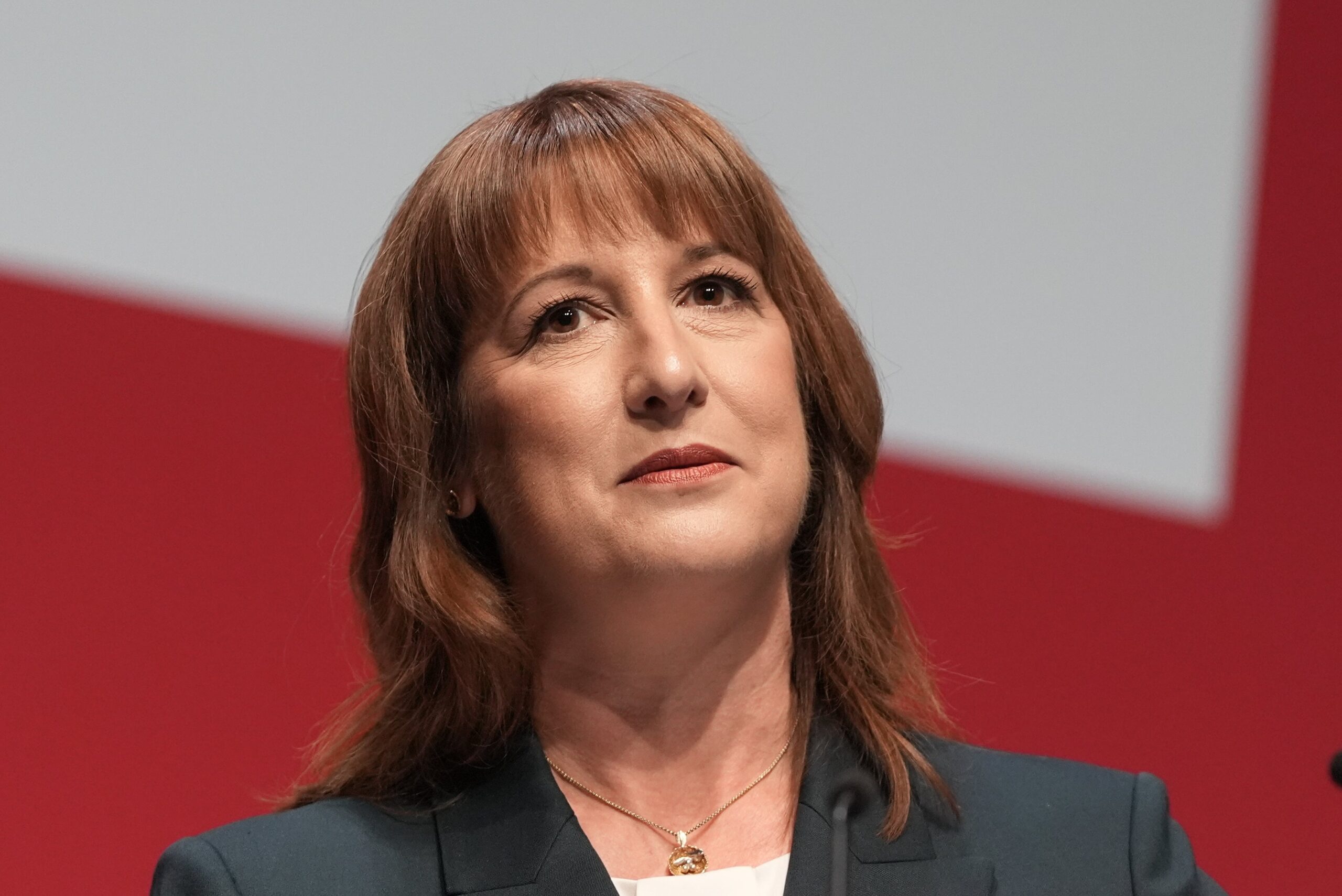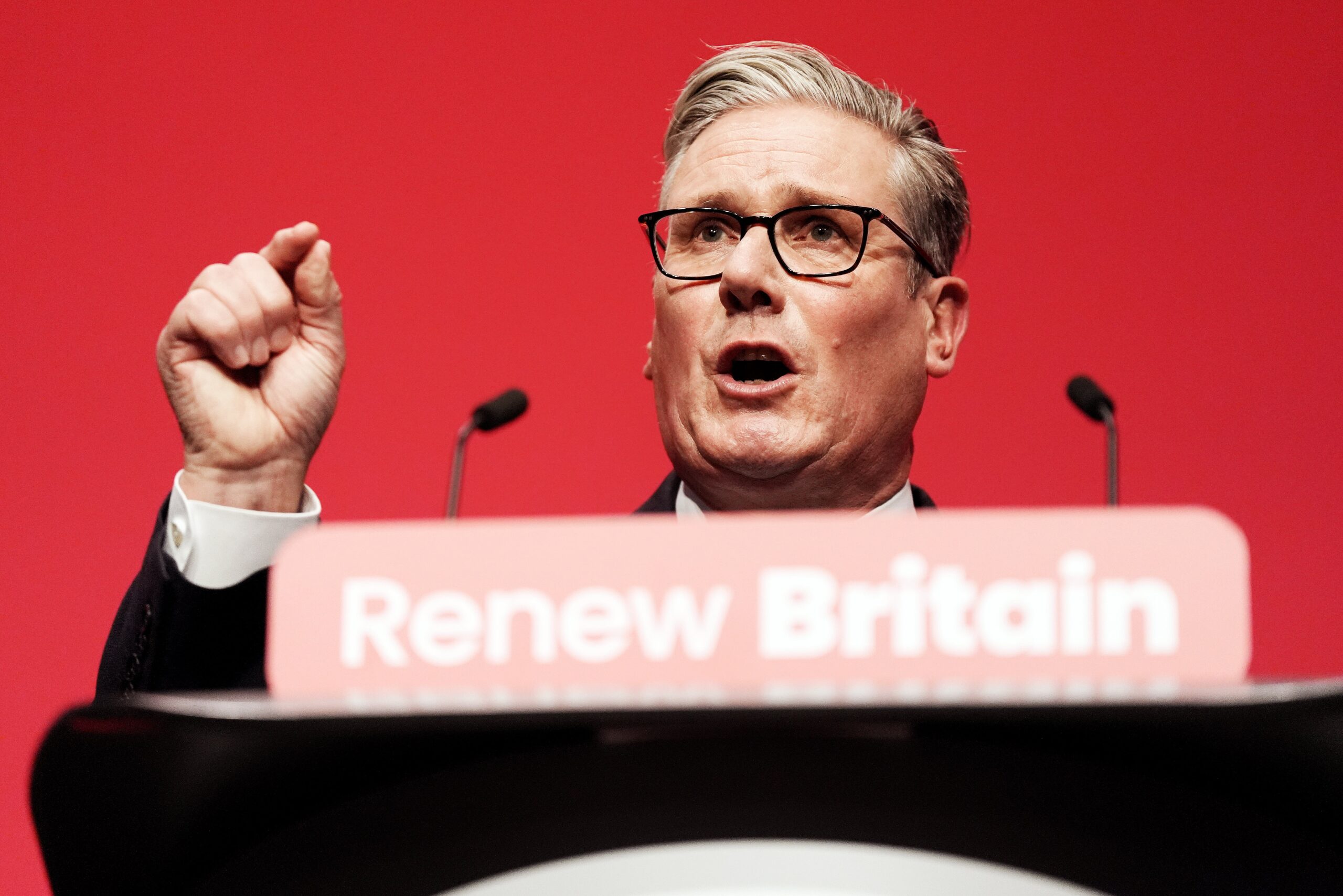Amid widespread predictions of tax hikes to come at the autumn budget, Labour has said it remains committed to its pledge not to raise taxes on working people.
This means no increases to the headline rates of VAT, national insurance, or income tax.
Rachel Reeves has, however, warned of “harder” choices to come ahead of the crunch fiscal event at Labour’s party’s conference in Liverpool. This has led economists to speculate that changes could be made to tax on property, ISAs, or even pensions.
Government borrowing in August was the highest in five years, official figures revealed, with higher tax receipts offset by higher spending and debt. In light of this stark picture, some economists have predicted the chancellor may need to find as much as £40bn at the Budget.

But whichever fiscal levers the chancellor chooses to pull, many experts have also pointed out that income tax will be rising if she does not act through a little-known ‘stealth tax.’
Here’s what you need to know:
What is the ‘stealth tax’?
Since 2021, the income tax personal allowance has been frozen at £12,570. This is the amount that can be paid before income tax deductions begin. The measure has been criticised as a way for the Treasury to boost revenue from income tax without increasing its rates.
Rather than increasing with inflation or average earnings as in previous years, this allowance, and all rates, will remain frozen until at least 2028.
The basic rate of 20 per cent is then paid on any earnings up to £37,700, the higher rate of 40 per cent on earnings up to £125,140, and the additional rate of 45 per cent on earnings over £125,141.
The effect of this is what economists call ‘fiscal drag,’ where more people are pulled into higher tax brackets as average earnings increase, but the thresholds stay the same.
The respected Institute for Fiscal Studies (IFS) says these freezes will reduce household incomes by an average of £1,250 by 2025/26. Analysts also point out that the measure will take more from workers’ pockets than any of the recent drops in national insurance and income in recent years.
Could Reeves scrap the freeze?
While the freeze is a Tory-era policy, and so gives Labour room to argue it is not in breach of its commitments, the chancellor may opt to bring it to an end early to provide some much-needed cost of living support to working Brits.
However, this would “do little to help the poorest in society who do not have enough income to pay income tax,” Mike Brewer, chief economist at The Resolution Foundation.

Ending the freeze would also put more pressure on the government to find extra revenue from other tax rises and spending cuts. Given that the policy is not as unpopular as one like the two-child benefit cap, for instance, its unlikely the chancellor will choose to remove it sooner than needed.
What if Labour extended the freeze?
Another possibility is that the economic struggles Labour faces may prove to be so great that the chancellor instead chooses to extend the freeze on the tax band thresholds.
Adding two years to the freeze would raise £7.5bn, and mean £140 extra tax paid by basic-rate employees each year from April 2028.
However, “it’s important to remember that this tax rise has no impact on some of the highest-income households,” says Mr Brewer. This is because the one million plus earners whose income is above £125,140 – and so already pay the top rate of income tax – would not be affected.
While the chancellor has ruled out a standalone wealth tax in recent weeks, Treasury officials have indicated that Labour is looking to be progressive with its next fiscal policy package.
Speculated tax changes then will more likely target people like with high-value assets and incomes, such as the rumoured ‘mansion tax’.
